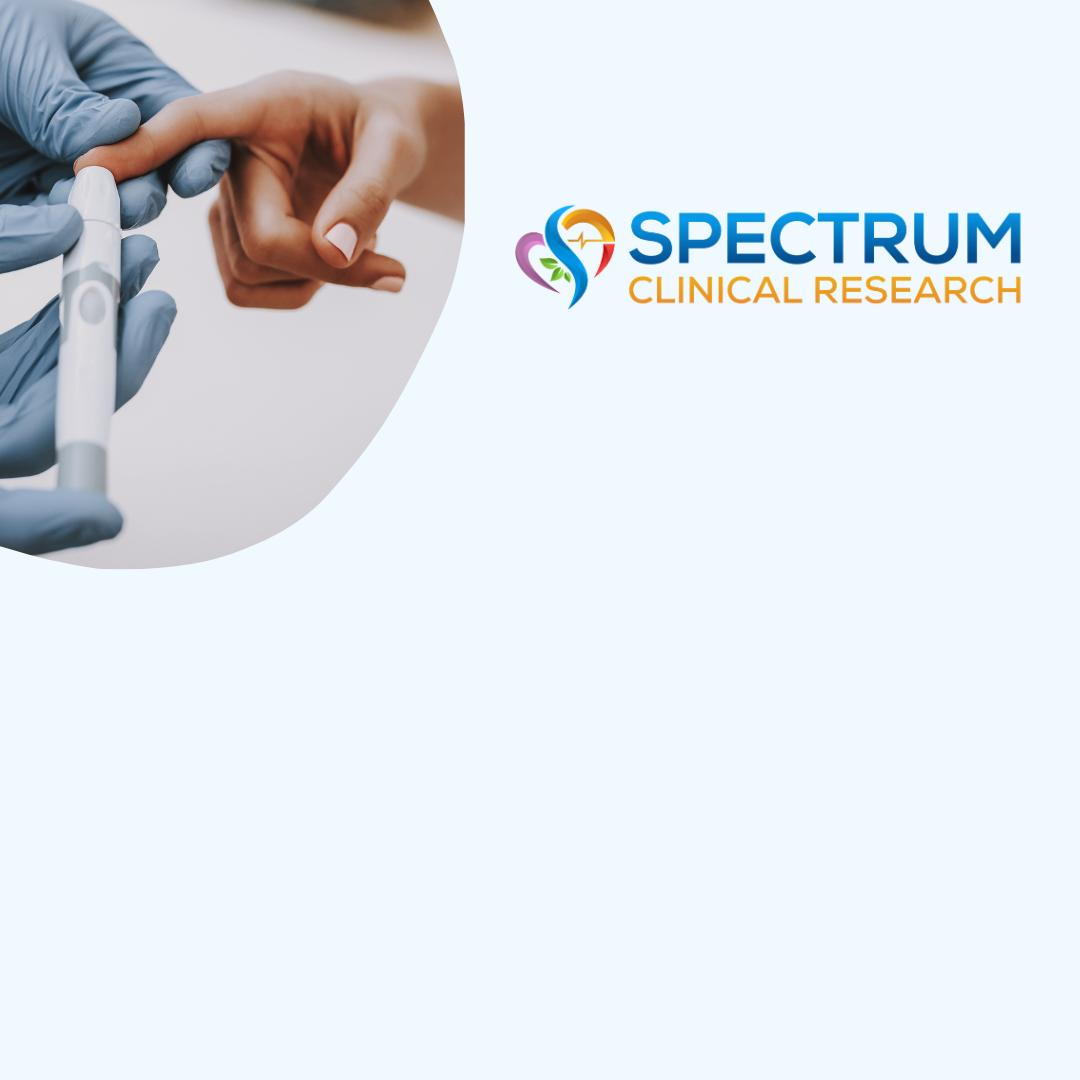Navigating the Maze: Research on Type 1 Diabetes in Teenagers

- posted: May 15, 2024
Teenagers with type 1 diabetes (T1D) face a unique set of challenges. Juggling the ups and downs of blood sugar levels alongside the emotional rollercoaster of adolescence can be tough. Thankfully, research is constantly striving to improve the lives of teens with T1D. Let's delve into some of the key areas of research:
The Puberty Factor: Puberty throws a curveball at T1D management. Hormonal changes can significantly impact insulin needs, making it harder to maintain healthy blood sugar levels. Researchers are actively investigating these hormonal effects and developing strategies to help teens navigate this critical period.
Continuous Glucose Monitoring (CGM): This technology provides real-time blood sugar data, empowering teens to make informed decisions about food, activity, and insulin. Research is ongoing to explore how CGM use can improve long-term outcomes and quality of life for teenagers with T1D.
Artificial Pancreas Systems (APS): These are closed-loop systems that combine insulin pumps with CGMs to automate insulin delivery. Studies are exploring the effectiveness and safety of these systems in adolescents, aiming to provide a more seamless and less disruptive way to manage blood sugar.
Psychological Support: The emotional toll of T1D can be significant for teens. Research is focusing on developing effective mental health interventions to help them cope with the challenges of the disease. This includes addressing issues like anxiety, depression, and body image concerns.
New Treatment Options: The field of T1D research is constantly evolving. Studies are investigating potential new therapies, such as islet cell transplantation and gene editing, which could offer a cure or more long-term solutions in the future.
Teen-Centered Research: Including teenagers in research design and implementation is crucial. Understanding their perspectives and needs allows researchers to develop interventions that are more relevant and user-friendly for this age group.
Beyond the Research:
While research offers hope for the future, there are resources available to support teenagers with T1D right now. Camps, online communities, and educational programs can provide valuable support and connection for teens facing similar challenges.
Looking Ahead:
Research on T1D in teenagers is making strides towards better management, improved quality of life, and potentially, a future free from the disease. By staying informed and engaged with advancements, teenagers with T1D can navigate their journey with confidence and optimism.
Stay Informed: For the latest updates, at Spectrum Clinical Research. We provide valuable information and connect you with a community of support.
Remember, you're not alone on this journey. With ongoing research and a strong support system, teens with T1D can navigate the maze and live fulfilling lives.

- posted: May 15, 2024
Teenagers with type 1 diabetes (T1D) face a unique set of challenges. Juggling the ups and downs of blood sugar levels alongside the emotional rollercoaster of adolescence can be tough. Thankfully, research is constantly striving to improve the lives of teens with T1D. Let's delve into some of the key areas of research:
The Puberty Factor: Puberty throws a curveball at T1D management. Hormonal changes can significantly impact insulin needs, making it harder to maintain healthy blood sugar levels. Researchers are actively investigating these hormonal effects and developing strategies to help teens navigate this critical period.
Continuous Glucose Monitoring (CGM): This technology provides real-time blood sugar data, empowering teens to make informed decisions about food, activity, and insulin. Research is ongoing to explore how CGM use can improve long-term outcomes and quality of life for teenagers with T1D.
Artificial Pancreas Systems (APS): These are closed-loop systems that combine insulin pumps with CGMs to automate insulin delivery. Studies are exploring the effectiveness and safety of these systems in adolescents, aiming to provide a more seamless and less disruptive way to manage blood sugar.
Psychological Support: The emotional toll of T1D can be significant for teens. Research is focusing on developing effective mental health interventions to help them cope with the challenges of the disease. This includes addressing issues like anxiety, depression, and body image concerns.
New Treatment Options: The field of T1D research is constantly evolving. Studies are investigating potential new therapies, such as islet cell transplantation and gene editing, which could offer a cure or more long-term solutions in the future.
Teen-Centered Research: Including teenagers in research design and implementation is crucial. Understanding their perspectives and needs allows researchers to develop interventions that are more relevant and user-friendly for this age group.
Beyond the Research:
While research offers hope for the future, there are resources available to support teenagers with T1D right now. Camps, online communities, and educational programs can provide valuable support and connection for teens facing similar challenges.
Looking Ahead:
Research on T1D in teenagers is making strides towards better management, improved quality of life, and potentially, a future free from the disease. By staying informed and engaged with advancements, teenagers with T1D can navigate their journey with confidence and optimism.
Stay Informed: For the latest updates, at Spectrum Clinical Research. We provide valuable information and connect you with a community of support.
Remember, you're not alone on this journey. With ongoing research and a strong support system, teens with T1D can navigate the maze and live fulfilling lives.
Spectrum Clinical Research - North Kansas City
2700 Clay Edwards Dr,
Suite 260,
North Kansas City, MO 64116
Spectrum Clinical Research- Kansas City North
8105 North Oak Trafficway,
Kansas City, MO 64118
Monday
9:00 am - 5:00 pm
Tuesday
9:00 am - 5:00 pm
Wednesday
9:00 am - 5:00 pm
Thursday
9:00 am - 5:00 pm
Friday
9:00 am - 5:00 pm
Saturday
Closed
Sunday
Closed
